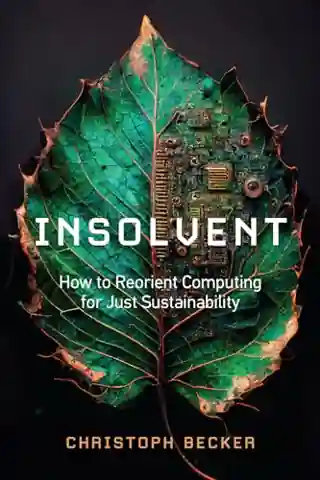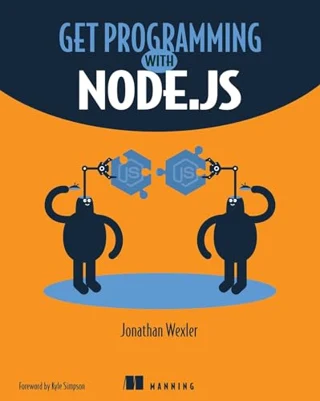How we can enact meaningful change in computing to meet the urgent need for sustainability and justice.
The deep entanglement of information technology with our societies has raised hope for a transition to more sustainable and just communities—those that phase out fossil fuels, distribute public goods fairly, allow free access to information, and waste less. In principle, computing should be able to help. But in practice, we live in a world in which opaque algorithms steer us toward misinformation and unsustainable consumerism. Insolvent shows why computing's dominant frame of thinking is conceptually insufficient to address our current challenges, and why computing continues to incur societal debts it cannot pay back. Christoph Becker shows how we can reorient design perspectives in computer science to better align with the values of sustainability and justice.
Beckerpositions the role of information technology and computing in environmental sustainability, social justice, and the intersection of the two, and explains why designing IT for just sustainability is both technically and ethically challenging. Becker goes on to argue that computing could be aided by critical friends—disciplines that draw on critical social theory, feminist thought, and systems thinking—to make better sense of its role in society. Finally, Becker demonstrates that it is possible to fuse critical perspectives with work in computer science, showing new and fruitful directions for computing professionals and researchers to pursue.
Conditions of Use
![]() This book is licensed under a Creative Commons License (CC BY-NC-SA). You can download the ebook Insolvent for free.
This book is licensed under a Creative Commons License (CC BY-NC-SA). You can download the ebook Insolvent for free.
- Title
- Insolvent
- Subtitle
- How to Reorient Computing for Just Sustainability
- Publisher
- The MIT Press
- Author(s)
- Christoph Becker
- Published
- 2023-06-13
- Edition
- 1
- Format
- eBook (pdf, epub, mobi)
- Pages
- 320
- Language
- English
- ISBN-10
- 0262545608
- ISBN-13
- 9780262374668
- License
- CC BY-NC-SA
- Book Homepage
- Free eBook, Errata, Code, Solutions, etc.
Acknowledgments Introduction: Just Sustainability Design I: Is Computing Insolvent? 1: The Design of Sustainability 2: Just Sustainabilities and the Debts of Computing 3: The Myths of Computing 4: Problemism: The Insolvency of Computational Thinking II: Restructuring 5: Computing’s Critical Friends 6: Software Is Never Neutral: How Do Values Become Facts? 7: People are More Than Rational: Beware the Normative Fallacy 8: Problems are Framings: The Discordant Pluralism of Just Sustainability Design III: Reorienting Systems Design 9: Leverage Points for Change: From Insolvent Computing to Just Sustainability Design 10: Critical Requirements Practice 11: Searching for Just, Sustainable Design Decisions 12: A Silicone Ring: Social Responsibility and Collective Action Conclusion: This Changes Computing Notes References Index








